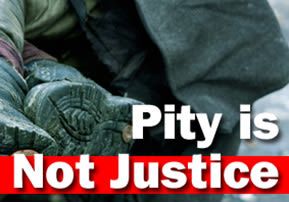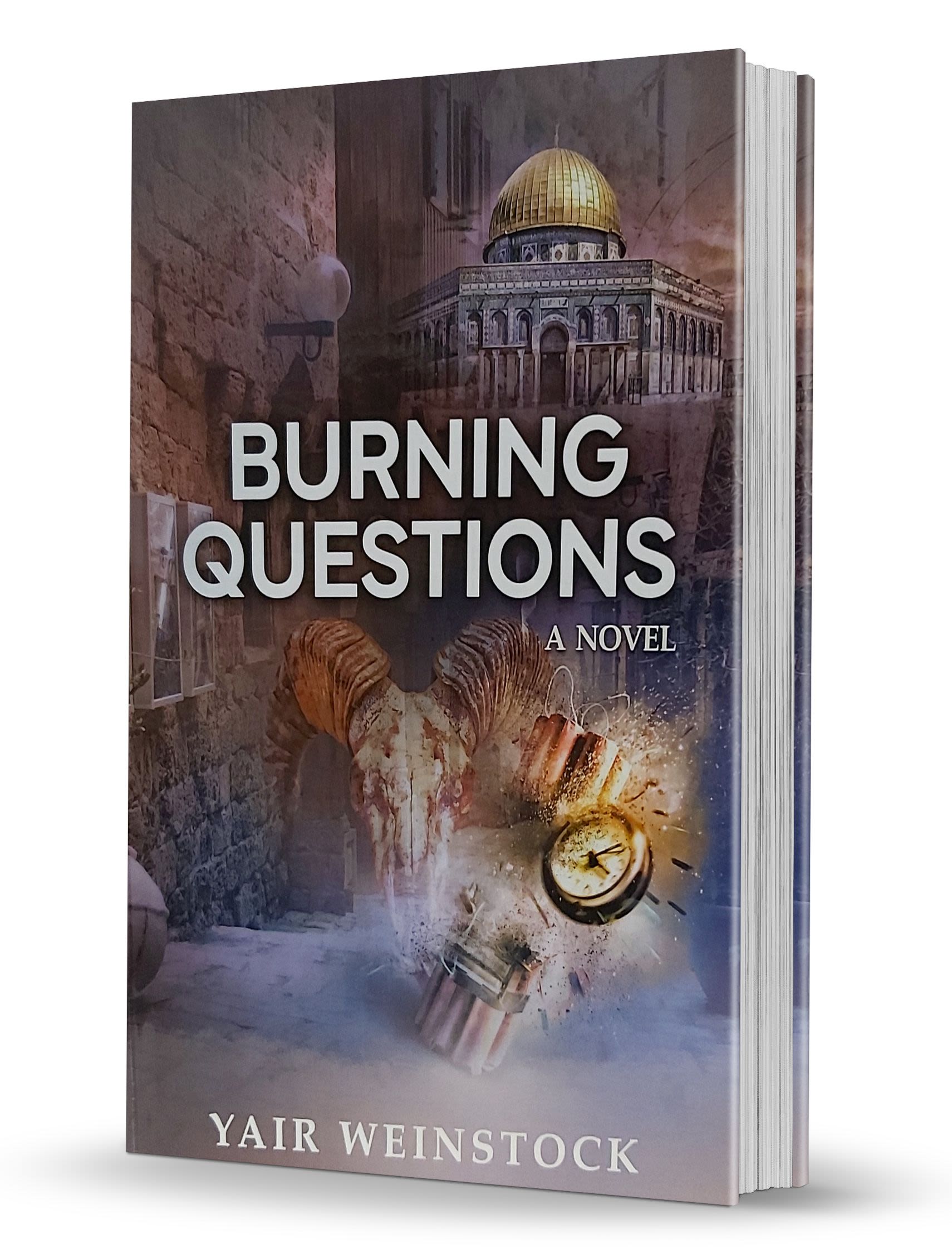I hate fighting. I can’t even watch a hockey game. When I see people start swinging, I immediately blush and want to skulk away while shielding my face. When I was a teacher on occasion one of my students would get into a fistfight – the girls were the worst- and come to the classroom all teary-eyed during my lunch or between classes. Often the student was a perfectly sweet kid, not a troublemaker. They’d sit at their desk crying and feeling humiliated about being on the losing end of the battle (although sometimes even the winner ended up crying too, but in the Principal’s office). I could never figure out just the right thing to say to the kid who lost. It eventually dawned on me that a lot of the time the kid was sitting there feeling like a jerk for not being as mean as the kid who beat them up. Shouldn’t he or she feel good about that? Should we aspire to be so callous that it doesn’t make us upset to be involved in a fistfight? Should we really want to be the kind of person who is better at being mean than the meanest kid in school? You can not exactly pat a kid on the back and say, “Congratulations kid, you lost! You are not as far gone as the kid who picked on you.” Doesn’t feel like justice.
One of the most puzzling of human emotions is the shame people sometimes feel after they have been taken advantage of, been victimized, have in essence lost a fight. On a small scale, on a grand scale- doesn’t seem to matter. If someone gets us, so often we turn inward and blame ourselves. As I heard Rabbi Gedaliah Fleer explain it, we feel guilty for trusting another person and for being wrong about it. It makes me sad to think that instead of focusing on achieving earthly justice, the tough work of holding the perpetrator accountable, we so often turn the assault inward.
In assaults of the sexual nature achieving earthly justice can seem almost impossible. So much needless shame is involved it can keep the victim silent, maybe forever, which of course is what the perpetrator is counting on. And if the victim does find the enormous courage to come forward and charge the perpetrator, we so often end up focusing more on the victim than on the perpetrator, not in a sympathetic way. We question what she was wearing, where she was hanging out and with whom, her reputation, what kind of neighborhood she comes from, everything except the jerk who committed the crime. And if the victim is a male and perpetrator an older female, as sometimes happens, people act like a crime has not even been committed. The poor kid doesn’t have a chance in the face of lame assumptions about male sexuality. We seem to freeze in the face of the challenge to uphold the law, the challenge to hold people accountable for their actions. We do not want to focus on the horrid individual who caved to their base impulses. We do not want to think about them, and don’t know what to do with them. And if we do not succeed in locking them up, we do not want to think about what they will be free to keep on doing. So earthly justice gets pushes aside, over and over.
When I first started learning about the Holocaust I quite naturally spent a great deal of time trying to understand why more people did not listen to warnings, see the writing on the wall, run away, and fight back in extreme ways. Of course anyone who learns about the Holocaust, something so inconceivable it pushes our understanding to the brink, ends up turning their focus to what they can relate to, i.e. how they imagine they would respond if God forbid they were in that position. We focus on the victims. Thank God, the overwhelming majority of people I have met in my life most certainly do not identify with the perpetrators.
Clearly when it comes to the victims of the Holocaust, focusing a great deal on them has often had the enormously positive effect of creating compassion for the people, even beyond the Jewish community, the Nazis sought to dehumanize and God forbid eliminate. This is great obviously. Focusing on the victim in this way is a good thing. But I think we clearly need to go beyond focusing on stories of victimization, even stories of escape, and survival. I remember a moment when I was sitting in a class in college listening to a fellow student go on and on about how he couldn’t understand how so many European Jews seemed to go so passively, teasing out scenario after scenario. Why didn’t ‘they’ just break out of the camps by doing ‘X’? On and on. Something in me finally clicked. I realized that it was time for the focus of my thoughts to not be on those who were imprisoned and murdered, but on the criminals who put them in the wretched position to begin with. We must focus on those who committed the crimes and those who, God forbid, would like to follow in Hitler’s footsteps today.
One of the Seven Universal Commandments is about creating and maintaining a system of justice. It is not enough to know that God holds us accountable here and later. We are obliged by God to seek justice for those who are wronged here. On a small scale, on a large scale, we cannot let the confounding and wretched behavior of others cause us to freeze in the headlights. It seems to me we must accept the fact that there are people we will not be able to understand, and even if we do manage to understand how they became so misguided and broken, that understanding is not a substitution for justice. When we decline to pursue justice, we are committing a sin. When we decline to pursue justice, we create a world in which the crimes will escalate, where the basic spiritual law of action/reaction, a turn for a turn, is not being played out before our eyes in concrete and comprehensible ways. When we hold one another accountable here on earth, we are illustrating in a simple and understandable way that there is a not only a judge in the courthouse, but a Judge who is everywhere. We create an opportunity for the person who has made a mistake to internalize these fundamental spiritual principles and to do better. And we illustrate in a concrete way to the person who was wronged, that justice is real, which feels so much better than pity.














5/26/2009
thanks Chava Thanks for you encouraging words Chava. Maybe some people reading this will do just what you suggested.
5/26/2009
Thanks for you encouraging words Chava. Maybe some people reading this will do just what you suggested.
5/25/2009
Alice, your article seems to suggest a great path. May I explain? If Bnei Noach like you (or those you write for and about)would seek to become the lawyers and judges of the earth, the whole profession would be transformed (no more lousy lawyer jokes!). Seriously, people would see justice and would be encouraged to seek it. As you state so eloquently, it’s the corruption of our thinking that keeps us from focusing on punishing the perpetrators, rather than pitying the victims. Thank you so much for this one.